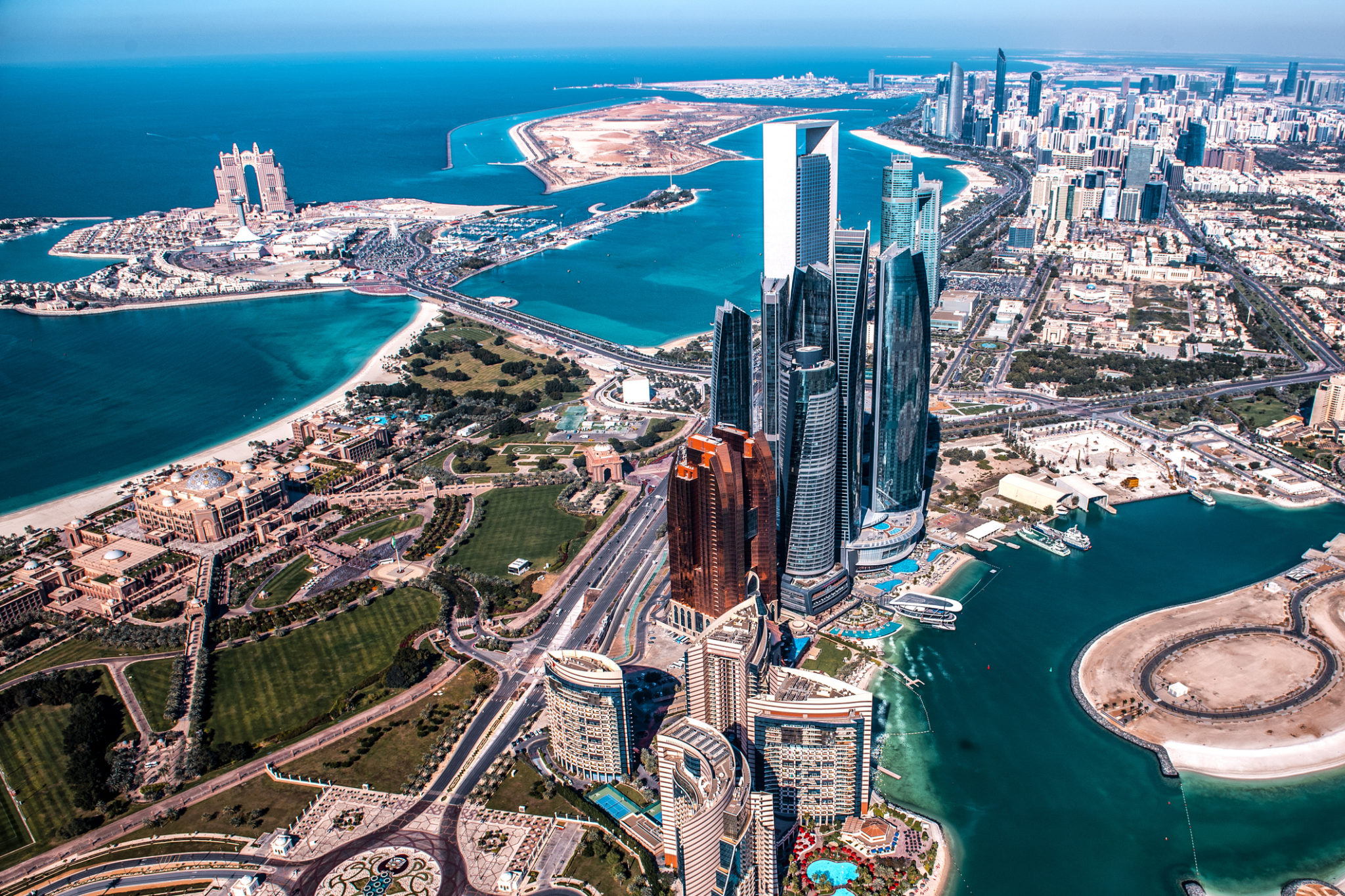‘Down with dictatorship’: Tunisians rally against gov’t crackdown on media | Media News
Demonstration comes after two Tunisian commentators critical of President Saeid were sentenced to prison.
Several hundred Tunisians have marched through the capital, Tunis, chanting “down with the dictatorship” as they protested a spate of arrests under a presidential decree critics say is being used to stifle dissent.
Since Tunisia’s 2011 revolution, the country has been considered among the more open media environments in the Arab world. But politicians, journalists and unions say that freedom of the press has faced a serious threat under the rule of President Kais Saied who came to power following free elections in 2019.
Two Tunisian media figures received one-year jail sentences in recent days after making comments the authorities deemed critical, in the latest prosecutions under Decree 54 issued by Saied in 2022 banning the “spreading of false news”.
“Down with the decree,” the demonstrators shouted as they marched through Tunis on Friday.
“Dictator Kais, it’s your turn now,” they added, in allusion to the Arab Spring uprising, which toppled longtime leader Zine El Abidine Ben Ali in 2011.
Two years after his election, Saied shut down the elected parliament and moved to rule by decree. He also assumed authority over the judiciary, a step that the opposition called a coup.
Since then, many of his critics have been prosecuted or sent to jail.
On Wednesday, broadcaster Borhen Bsaies and political commentator Mourad Zeghidi were both jailed for a year – six months for spreading “false news” and a further six months for “spreading news that includes false information with the aim of defaming others”.
During the hearing, both Bsaies and Zeghidi had defended their “journalistic work”.
Zghidi’s lawyer, Kamel Massoud, condemned Decree 54 as “unconstitutional”.
“When politics enters the courtroom, justice leaves,” he said.
Tunisia has now imprisoned a total of six journalists, including Bsaies and Zeghidi, since Saeid’s Decree 54 came into force.
Meanwhile, more than 60 journalists, lawyers and opposition figures have been prosecuted under the same decree, according to the National Syndicate of Tunisian Journalists.
In May, police arrested 10 people, including journalists, lawyers and officials of civil society groups, in what Amnesty International called a “deep crackdown” targeting activists and journalists. Human Rights Watch has called on Tunisia to respect free speech and civil liberties.
In January, Tunisian authorities also arrested journalist Samir Sassi, on “terrorism” allegations.
The arrests have drawn criticism from the United Nations, the European Union and the United States, as well as Tunisia’s former colonial ruler France.
Saied has dismissed the criticism as foreign “interference”.
He also rejected accusations of authoritarian rule and said his steps were aimed at ending years of “chaos and corruption” in the country.
Check out our Latest News and Follow us at Facebook
Original Source







